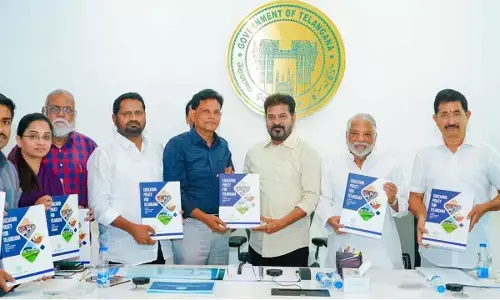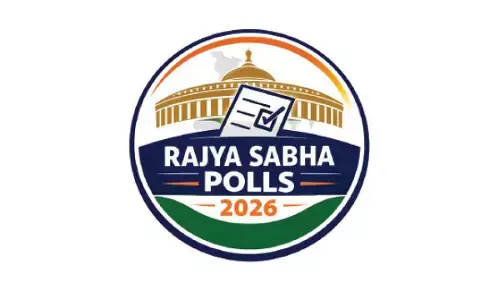Assessment: Challenges and perspectives

Assessments can be either structured or informal, and the assessment sources can be either subjective or objective
For any learner, acdemic achievements refer simply to the outcome of any school curriculum. Assessment is an important measure by which education quality can be evaluated and guaranteed. This is also a very crucial index of education quality.
Right from the inception of school education, the process of student examination performance was considered the most important factor for academic achievement. However, this modern approach to education has a set of new dynamics and specific features. This specificity showcases a close connection with people's efforts to promote both equity and quality in education. This also considers the changes brought in to adjust education policy and new methods in classroom interventions.
Assessment for learning
When considering any assessment, we need to ensure the assessment is valid for its purpose and matches its intention. Valid data provides significant information about the learner's progress.
This gives apparent information about what learners learnt, what they struggled with, and how well they managed. One must figure out the learning elements before deciding to assess the learners.
♦ What am I expecting the learners to demonstrate during the assessment?
♦ What kind of content knowledge is expected to be demonstrated by the learners?
♦ What are the thinking aspects I would like to observe in my learners?
♦ Am I expecting my learners to develop professional skills, collaboration skills and attitudes during the course?
♦ Is my content helping the learners with their writing, problem-solving, reasoning and critical reflection skills?
♦ Am I doing enough to help the learners develop their factual knowledge?
♦ Does my content match conceptual understanding expectations along with civic and global learning?
We may or may not match the entire gamut of elements during our assessment, but it has to be systematically integrated both in terms of the content we create and the manner we assess. These are some important learning indicators that we have to integrate into our curriculum to understand how well learners are achieving the learning outcomes.
Assessment for evaluation
Assessment and evaluation are closely related terms, and they define each other. At the same time, we should also take into cognizance that there are various assessment patterns and related evaluation processes. As mentioned earlier, during the process of assessment, an instructor will collect related data, summarise the entire information and begin interpretation in order to determine which elements work out perfectly for the learners and help implement the same to enhance the learning experience.
Assessments can be either structured or informal, and the assessment sources can be either subjective or objective.
An instructor has to understand the cognitive, psychomotor, and affective learning skills during the assessment and determine the following learning elements. They must also understand the learner's willingness to learn, learning styles, past experiences, and learning barriers.
In contrast, evaluation is considered to be a formal process where criteria like time intervals and curriculum are set and agreed upon by all stakeholders before rolling out the educational activities. An instructor can determine the effectiveness of the educational activities through this process.
To summarise, an instructor can implement an assessment to determine educational strategies and understand a learner's performance. This goes a long way to impart knowledge and understanding of a learner's beliefs and behavior.
The future of assessment
There is a dire need to improve the way we assess skills. We could see that there are too many assessments that are used for testing comprehension of a skill rather than checking their real talents. We have to stimulate a culture of assessment innovation that will align with the requirements of the 21st century and beyond.
(The author is the Deputy Head- Assessment, Orchids The International School)











